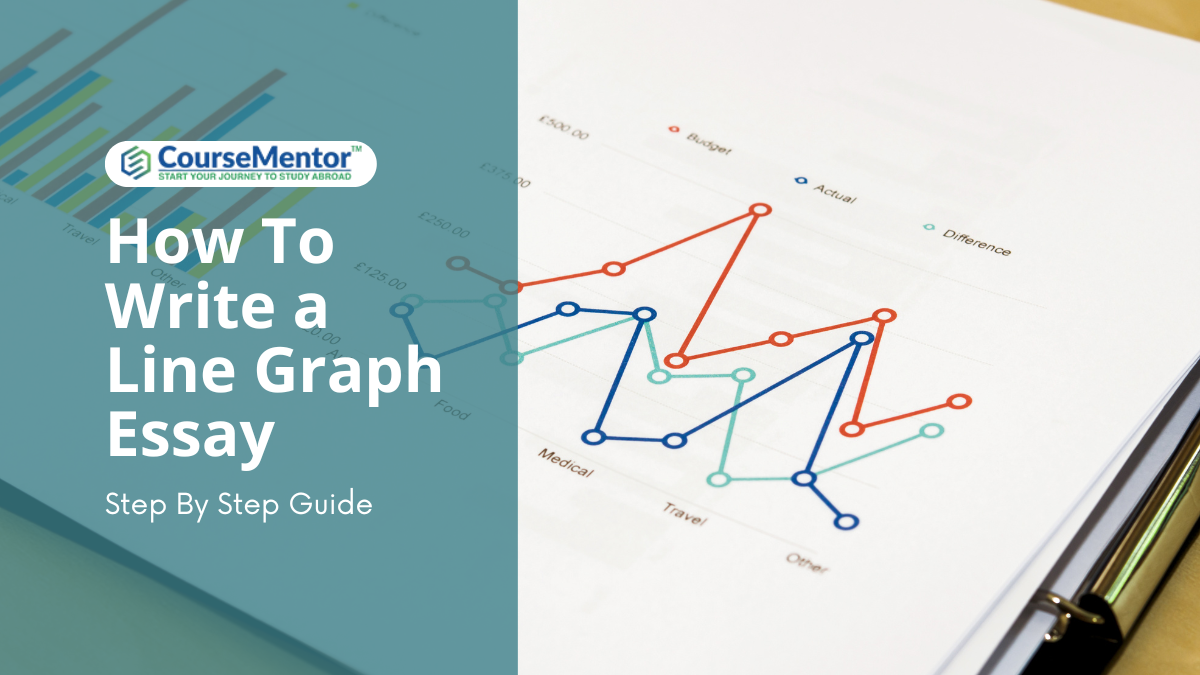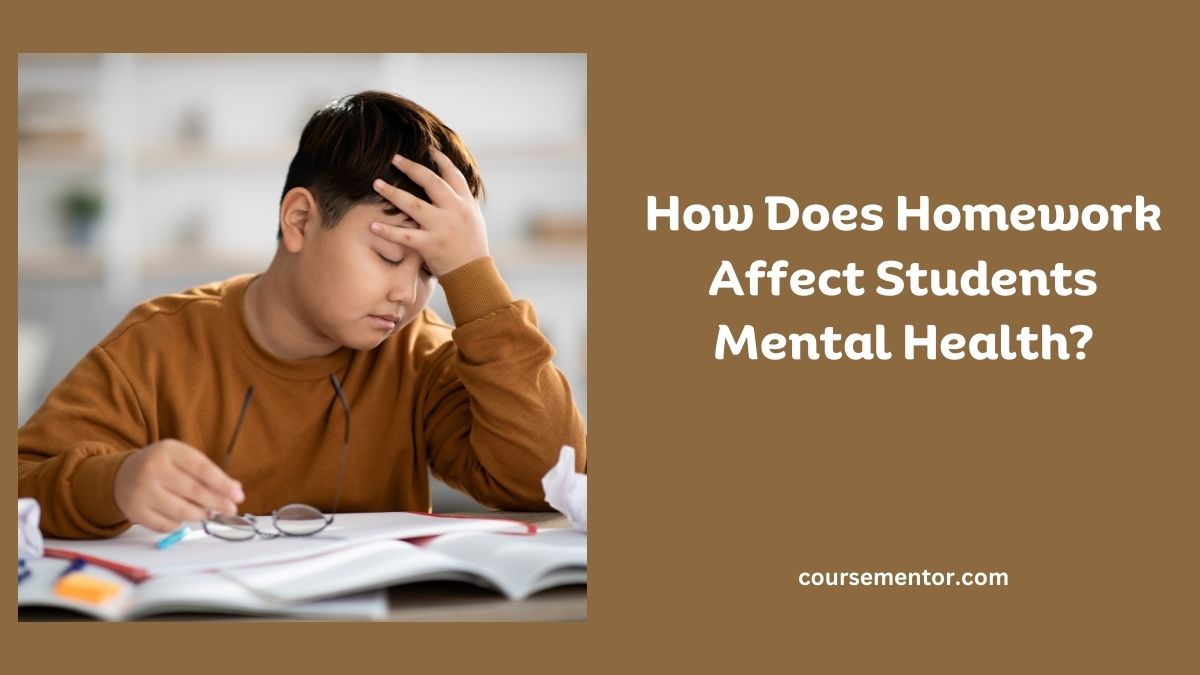When studying for exams, we often look for ways to improve our ability to pay attention and organize our time and study for long periods. It’s nice to think about finally relaxing when you’ve finished everything on your list. Some say that studying with small breaks helps them remember what they’ve learned but studying more without losing focus is possible.
If you want to find effective ways to keep a regular and long-term study schedule at home or in college, you’ve come to the right place! Let’s look at some great tips and tricks that will help you study longer without losing focus or your ability to remember what you’ve learned.
How to Study for Long Even Without Getting Bored?
Even though it can be challenging, studying for lengthy periods without growing bored is possible. Here are some pointers for enduring lengthy periods of study without getting bored:
Set Attainable Objectives: Avoid attempting to study everything in one sitting. Instead, divide your studies into more digestible ones.
Look for a Peaceful Area to Study: This may be a coffee shop, the library, or even your bedroom. Make sure the area is distraction-free so you can concentrate on your study.
Utilize Efficient Study Methods: Many different study methods might improve your learning. Choose a handful that is effective for you and use them frequently.
Take Pauses or Break. When you’re studying for a long period, breaks are crucial. Move around or go outside for some fresh air by getting up.
Gratify Yourself. Give yourself a tiny incentive when you accomplish a study goal. This will keep you inspired and on course.
Adapt Your Study Strategies. Try a different study strategy if you realize your present one is boring. Reading, writing, listening to lectures, or doing practice problems are all options.
Stop Using Social Media and Other Distractions: Keeping distractions to a minimum when studying long is crucial. Finding a quiet area to study and turning off your phone and email are required.
Ensure Your Well-Being: Sleep well, eat a good diet, and exercise frequently. Maintaining good physical and mental health will aid in your ability to concentrate and be productive.
Make a study Partner. You can stay motivated and on track while studying if you do it with a companion.
Assemble a Study Group. This can be a fantastic method to learn from others and gain assistance with challenging ideas.
Attend a Course. If you have trouble concentrating, enrolling in a class might teach you new study skills and approaches.
Hire a Tutor to Assist You: If you’re still having difficulties focusing, a tutor can assist you in determining the precise areas in which you require assistance and create a strategy to do so.
Techniques to Improve Focus Without Forgotten While Doing Study?
Take a look at some techniques to improve your focus while doing study points are given below:
Establish a Distraction-free Environment: This entails switching off your phone, shutting idle browser tabs, and finding a quiet area to study.
Set Attainable Objectives: Avoid attempting to study everything in one sitting. Instead, divide your studies into more digestible, smaller parts.
Take Pauses: It may be more difficult to focus if you study for a long time without a break. Every 20 to 30 minutes, get up and move about to give your mind a break.
Implement the Pomodoro Technique. This time management strategy calls for 25 minutes of study time, followed by a 5-minute break. You take a lengthier break of 15 to 30 minutes after four Pomodoro Techniques.
Gratify Yourself: Give yourself a tiny incentive when you accomplish a study goal. This will keep you inspired and on course.
Get Adequate Rest: You can concentrate and focus better when well-rested. Sleep for 7-8 hours every night.
Eat Nutritious Foods: You get the energy you need to concentrate and focus on things when you eat well. Eat more fruits, vegetables, and whole grains while avoiding sugary beverages and processed foods.
Regularly Moving Around: Besides being helpful for your physical health, exercise can help you concentrate better. Try to exercise at a moderate level for at least 30 minutes, most days of the week.
Mindfulness or Meditation: You may train your mind to concentrate and focus by practicing mindfulness or meditation. Find a technique that works for you from the various methods to meditate or practice mindfulness.
Read Also: Why Homework Is Good For Students
Some Other Techniques Which Help You Solve the Query How to Study for Long?
It is possible to extend study time, which can be done by employing a few strategies. If you want to learn how to study for a long time without feeling fatigued, read the following:
Freshen Your Mind
Keeping your thoughts alert and well-rested before you start is general advice. Even for a brief study session, a tired and exhausted mind is not helpful because it may cause a lack of desire and protracted procrastination.
Sort Out Your To-do List
Always plan your day’s themes and begin with the more challenging ones to finish them as quickly as feasible. By doing this, you will have simpler tasks left over at the end of the day.
Play Calm Music to Concentrate
You can concentrate and focus on your studies remarkably well with instrumental music. Several websites and online platforms provide free audio playlists for increased concentration, reduced tension, and better focus. Avoid loud music because it can distract you, yet each person has a different preference for the kind of music that helps them concentrate. So, connect your earbuds, close your eyes, and delve more deeply into the subjects you are studying.
Eating Well
A terrible study session might be caused by an empty stomach, and eating too much fast food can make you feel drained.
Take a Quick Nap
Take a quick nap in between subjects or themes. Our mind has finite resources and may eventually become too tired to function. Consequently, taking power naps might be beneficial.
Physical Exercise
Engage in physical activity and workouts to maintain your body and mind in shape. Being physically active benefits our brain, which also aids in enhancing focus.
De-Stress
Don’t let exam stress get to you. When you sit down to study, you must ensure your mind is free of problems and pressures. More knowledge will be retained if your mind is clear.
Brief Interludes
During extended study sessions, take frequent breaks. These pauses will serve as restoration sessions for your mind, giving you time to relax and recharge to concentrate more effectively.
Make a Day Plan
It is preferable to schedule your study sessions during the day because daylight will help you be less sleepy and will also help you be more productive.
Locate a Study Location Where You Can Concentrate Better
Your ability to focus on your studies for extended periods or whether you get sidetracked by distractions will largely depend on your chosen study location. Choose a quiet study environment where you won’t be interrupted, or alternate between your typical study area and a library or a more natural setting where you can focus easily and escape the noises and bustle of everyday life.
Keep Your Motivation Up!
It’s necessary to maintain a schedule, take frequent breaks, and take care of your physical health, but it’s also critical to occasionally motivate yourself anytime you feel down or unmotivated. Print inspiring motivational quotes for your study area, or make your DIY posters to brighten the area. Spend time with your pals, watch a movie, or spend alone whenever you feel down or unmotivated. Remember that you can only concentrate better if you are driven and upbeat; otherwise, you’ll cram useless information.
Discover Fun Ways to Study
Always “reach for excellence and success will chase you,” advises the charming fictional genius “Rancho.” The first and most important thing you should remember as you schedule long study sessions is to look into creative ways to learn and recall the subject matter you are studying. The following are some of the greatest techniques for prolonged study:
- Make colorful notes and flashcards to help you recall key ideas.
- To memorize terms and formulas, use memory tricks.
- Learn concepts by viewing images, videos, and other visuals.
- Make the topics or things you learn interesting by creating tales about them!
- Every time you finish a lengthy or challenging task, treat yourself.
- Set time-bound, attainable goals for yourself and don’t overextend yourself.
- Teach someone else about the subjects you have learned.
How to Stay Focused for a Long Time During Study?
You have learned how to study for a long time by this point, but to learn well, it’s critical to maintain focus. The following approaches can help you maintain your concentration for extended periods:
- Do not be distracted.
- Time yourself to finish a task.
- Drink a lot of water.
- Spend at least 15 minutes in meditation
- Write a study motto on your desk or hang a calendar or wall with inspiring phrases.
Read Also: Is Homework Good or Bad
How Much Time Longer Study Session will be Helpful?
In some circumstances, longer study sessions may be beneficial, but it’s crucial to strike a balance right for you. The following are some advantages of prolonged study sessions:
You Could Cover More Ground: Longer study sessions can assist you in getting through the curiosity of the subject matter.
You Can Enter a State of Flow: Long-term study sessions might cause you to enter a flow state, a deeply focused condition in which you are completely absorbed in the subject matter.
You Can Gain Deeper Knowledge. Studying for a longer amount of time gives you more time to reflect on the subject and comprehend it thoroughly.
You Can Grow Tired or Bored: Overly prolonged study sessions can result in boredom or exhaustion, making concentrating challenging.
What You Have Learned Might Be Forgotten: You risk forgetting what you’ve learned without pausing.
Finding a Balance That Works for You is the Greatest Study Strategy: Short study sessions work well for some people, while longer sessions work better for others. Try out various approaches until you find one that works for you.
Use Techniques for Active Learning: You can maintain your interest and learn more effectively by using active learning techniques like summarizing the subject, explaining it to someone else, or developing practice problems.
Conclusion
With the right tactics and techniques, studying for a long time without getting bored or forgetting what you’ve learned is possible. Using the following tips, you can maximize your study time and learn and remember more.
By using these techniques, like making sure there are no distractions, setting goals you can reach, taking breaks, putting your health first, and using active learning methods, you can study for long hours without getting bored or forgetting things. Don’t forget to find the right mix and stay motivated as you study. For more study tips and tricks, follow coursementor.com





